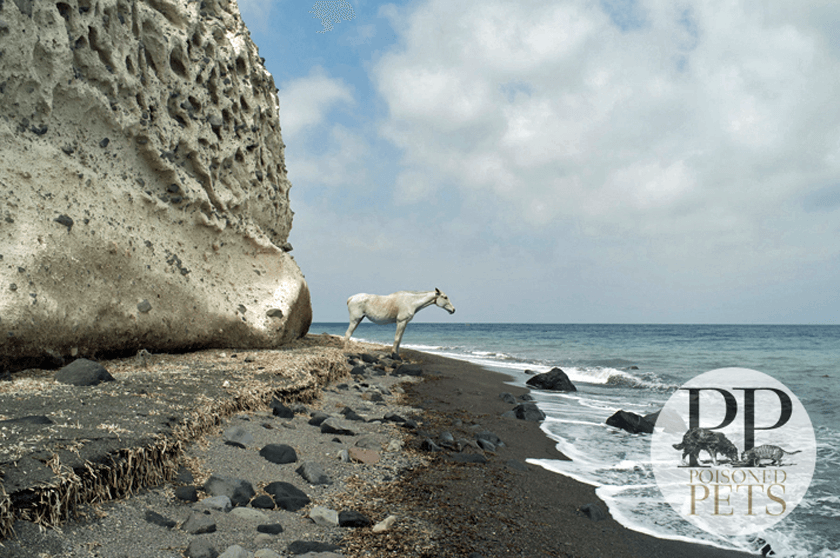Two consumers whose horses were poisoned by monensin contaminated horse feed made by ADM Animal Nutrition filed a class action lawsuit Tuesday accusing the company of fraud, negligence, product liability and false advertising.
Plaintiffs Beth Berarov, of Michigan, and Annelisa Bindra, of South Carolina, filed a putative class action lawsuit in federal court in Chicago on July 19, accusing Illinois-based Archer Daniels Midland of knowingly marketed a product they knew could be posing a fatal risk by making its horse feed in the same facility it used for other animal products.
The horse feed allegedly contained a lethal additive known as monensin, which is highly poisonous to horses. The feed additive is used in cattle feed, but can accidentally be added to horse feed causing irreparable damage to horses. Monensin is used to fatten cattle and control parasites, but its effects on horses are tragic: It causes devastating, irreversible damage to the heart and skeletal muscles. Worse, there is no antidote for monensin poisoning and the only thing owners can do offer supportive care.
How the feed became contaminated.
Cross-contamination in the milling process of equine feed, due to human error or mechanical failure, potentially putting horses at risk. ADM manufactures its horse feed in the same facility where medicated feed containing monensin is produced, according to the suit. Making horse feed in the same facility as cattle feed containing the additive, they alleged, “poses an extraordinarily high, unacceptable and undisclosed risk of cross-contamination.”
Beth Berarov fed ADM to the horses at her stable after which several horses became seriously ill. Of 19 horses, nine have been euthanized due to the lethal effects of feeding them the monensin contaminated horse feed. Necropsy reports reveal the horses suffered permanent cardiac and skeletal muscle damage.
Annelisa Bindra, whose horses were fed ADM feed began exhibiting signs of serious illness after being fed the contaminated ADM horse feeds. Both horses died two days later. Other horses at the boarding stable died or suffered irreversible health complications.
According to the complaint, “horses that ingest monensin sometimes occurs gradually, depending on the level of exposure, as monensin destroys a horse’s heart fibers, creating a potential for sudden and unexpected heart failure that jeopardizes the lives and safety of both horse and rider.” Animals that survive exposure generally cannot be ridden or worked due to the degree to which the chemical weakens their systems, the complaint said.
ADM continues to deny there is an issue.
The suit alleges ADM’s equine marketing materials and packaging fails to disclose the risks associated with monensin cross-contamination issues for horses. The company spokesperson stated that ADM “believes the claims are meritless, and we will vigorously defend ourselves,” and claimed that “our processes comply with FDA guidelines, and we are confident that our feeds are safe.”
Importantly, the plaintiffs, in addition to seeking damages for their losses, are also seeking an order requiring ADM to modify their manufacturing process to avoid the risk of monensin cross-contamination to horses in the future. In their complaint, the women said the U.S. Food and Drug Administration (FDA) requires livestock feeds containing monensin to carry a warning about exposure to horses and “also recognizes the particular risk of cross-contamination of medical additives in animal feed.”
Accordingly, by law the FDA requires that “all formulations containing monensin shall bear the following caution statement: Do not allow horses or other equines access to feed containing monensin. Ingestion of monensin by horses has been fatal.”
The plaintiffs are asking the judge to certify a class of additional plaintiffs, which would include anyone who bought an ADM horse food or supplement. The complaint did not specify the time span within which potential class members may have purchased the horse feed.
Earlier this year, ADM was accused of the very same problem with similar, devastating results: Monensin contaminated horse feed. According to lab results, several of ADM’s horse feeds tested positive for monensin, and the test results come from three farms in three different states – South Carolina, Georgia, and Alabama.
View the complaint here.

